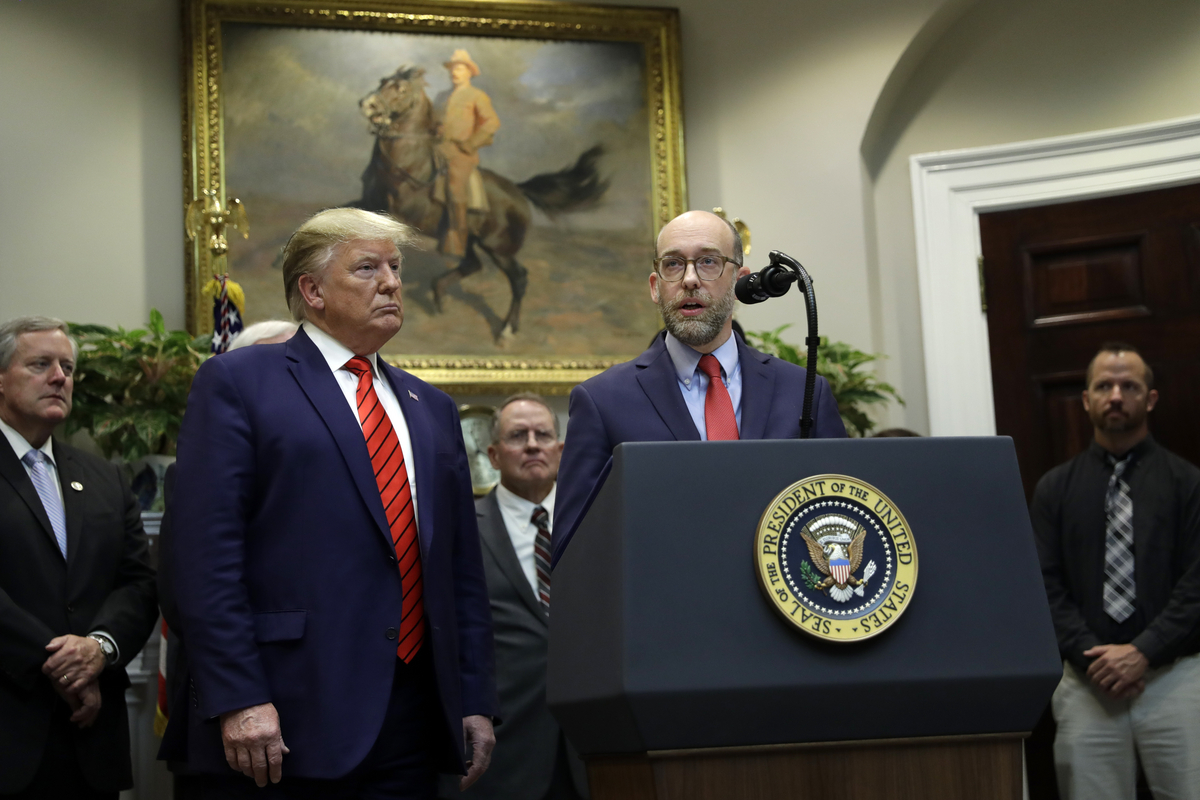Science Funding Slashed: Trump's Budget Plan Threatens Research Landscape

In a controversial move, the White House is proposing a significant reduction in National Science Foundation (NSF) funding, targeting critical research areas including climate change, clean energy, and social sciences. The proposed budget cuts would dramatically slash funding by more than 50%, potentially hampering crucial scientific investigations and innovation.
The administration's plan specifically takes aim at what it describes as "woke" social, behavioral, and economic research, signaling a potential ideological shift in scientific funding priorities. Climate change and clean energy research—key areas of scientific exploration in addressing global environmental challenges—would also face substantial funding cuts.
This proposed reduction has already sparked intense debate among scientific communities, presearchers, and policymakers. Critics argue that the cuts could severely undermine ongoing scientific research and America's global competitive edge in critical research domains. Supporters of the proposal, however, suggest the move could redirect resources to what they consider more immediate national priorities.
The potential defunding threatens to disrupt long-term scientific research projects and could have far-reaching consequences for understanding complex social, environmental, and economic challenges facing the nation. As the proposal moves through legislative channels, scientists and research institutions are closely monitoring its potential impact on future scientific endeavors.
